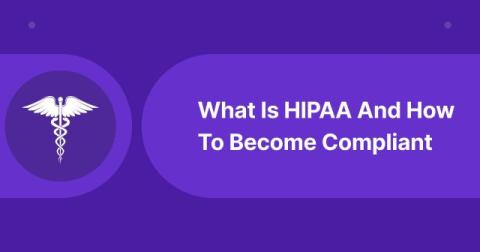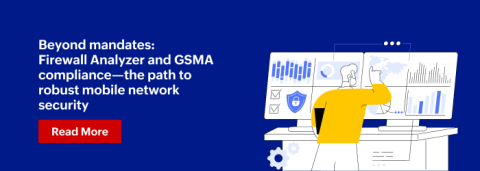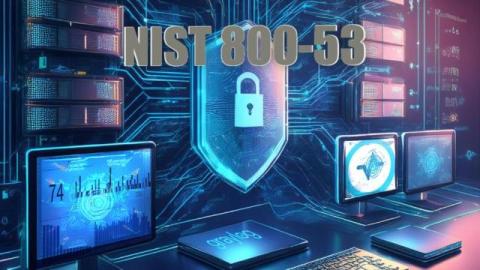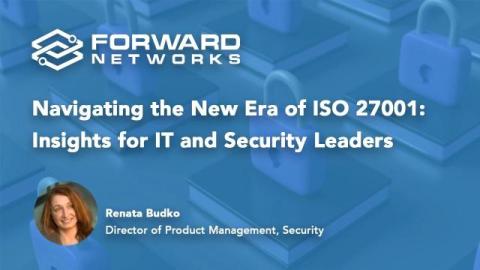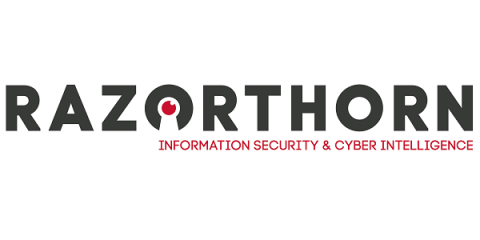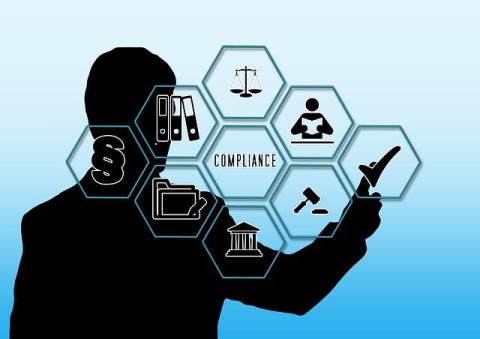What is HIPAA and How to Become Compliant
HIPAA stands for Health Insurance Portability and Accountability Act. HIPAA is a U.S. law that was enacted in 1996 to protect sensitive patient health information from being disclosed without the patient's consent or knowledge and is enforced by the Department of Health and Human Services (HHS). The purpose of HIPAA is to protect the privacy of patients’ medical information and secure the handling of health information in the age of electronic health records.


